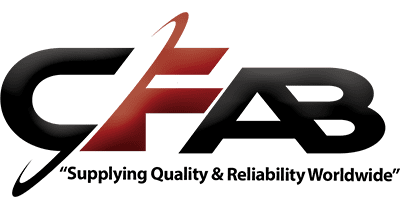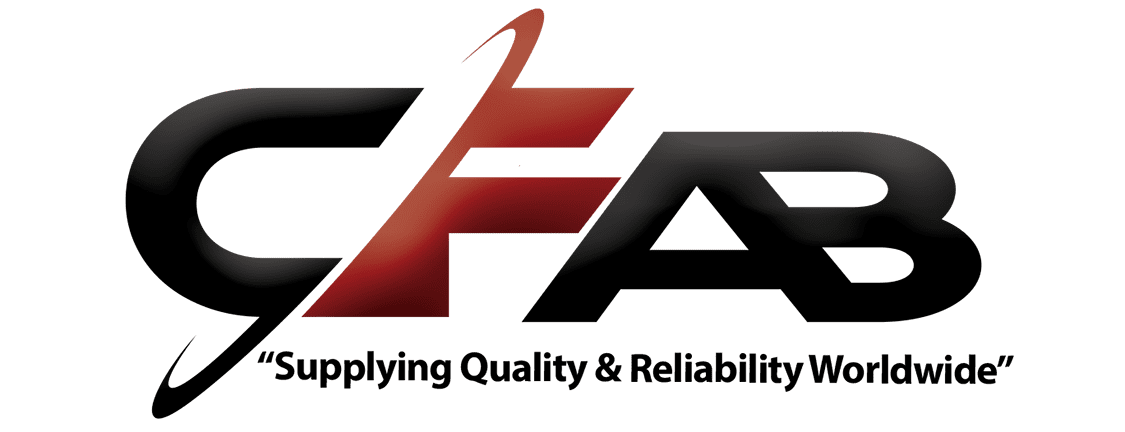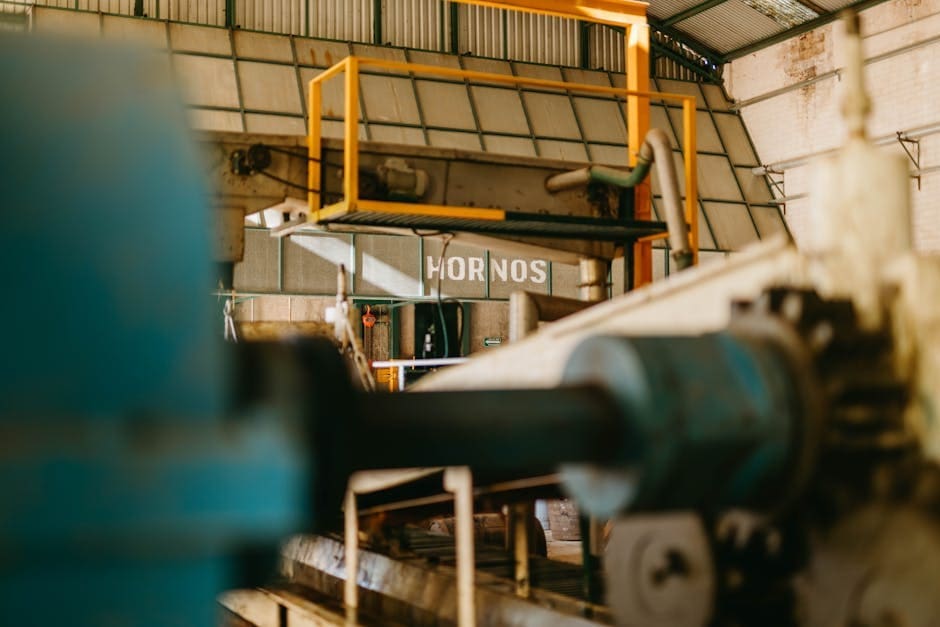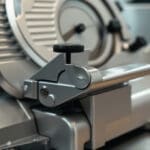Heavy Machinery Maintenance Service: Essential for safety, efficiency, and extending the lifespan of your machinery. If you’re seeking to enhance productivity and minimize downtime in your manufacturing operations, understanding the importance of regular maintenance is crucial.
When managing a manufacturing plant, construction site, or any business that involves complex machinery, the emphasis on heavy machinery maintenance service cannot be overstressed. Not only does this practice safeguard the well-being of your staff, but it also ensures that your equipment performs at peak efficiency. Ignoring maintenance could lead to costly breakdowns and halt your production, negatively impacting your bottom line.
Maintenance of heavy machinery encompasses a regular schedule of checks and repairs that keep equipment in optimal working condition, preventing interruptions that could stem from mechanical failures. Safety is a premier concern; well-maintained machines are less likely to malfunction, reducing the risk of workplace injuries.
Efficiency in maintenance also means machines operate at full capacity with minimal energy waste, saving costs and increasing operational throughput. It is a proactive measure that extends the usable life of machinery, ensuring that the investment in heavy equipment continues to pay dividends long into the future.

Understanding Heavy Machinery Maintenance
When we talk about heavy machinery maintenance service, we’re diving into the care and upkeep required to keep large machines running smoothly. This includes routine upkeep, corrective repairs, and the maintenance of mechanical assets, tools, vehicles, and computer systems involved in operations.
Routine Upkeep
Routine upkeep is like the regular check-ups you have at the doctor. It’s all about preventing problems before they start. This involves checking and replacing fluids, inspecting equipment for wear and tear, and making minor adjustments. It’s crucial for spotting potential issues early, which can save time and money in the long run.
Corrective Repair
Corrective repair comes into play when something breaks down. This isn’t about prevention; it’s about fixing things that have gone wrong. Whether it’s replacing a worn-out part or troubleshooting a sudden breakdown, corrective repair aims to get equipment back in action quickly and efficiently.
Mechanical Assets
Mechanical assets include all the physical parts of the machinery — from engines and hydraulics to gears and belts. Keeping these components in good condition is essential for the smooth operation of heavy machinery. Regular inspections and maintenance ensure these parts can handle the demands of heavy use without failure.
Tools and Vehicles
Maintenance isn’t just about the heavy machinery itself but also involves the tools and vehicles that support these machines. From the handheld tools used for machine repair to the vehicles that transport heavy equipment, each needs regular service to function effectively. This includes everything from calibration of tools to maintenance of vehicle engines.
Computer Systems
Today’s heavy machinery often relies on integrated computer systems for operation. These systems need regular updates and maintenance to ensure they function correctly. This might involve software updates, hardware checks, and cybersecurity measures to protect against unauthorized access.
Overall, understanding heavy machinery maintenance service is about recognizing the various elements that need regular attention to keep operations running without a hitch. It’s a comprehensive approach that ensures not only the longevity of the equipment but also the safety and efficiency of its operation.
Moving forward, let’s explore the different types of maintenance services available to keep your heavy machinery in top shape.
Types of Maintenance Services
When it comes to maintaining heavy machinery, there are several types of services designed to ensure your equipment runs efficiently and safely. Here, we break down the main categories: Preventive Maintenance, Corrective Maintenance, and Mobile and On-Site Services.
Preventive Maintenance
Preventive maintenance is all about staying ahead of potential problems. It involves regular checks and the systematic replacement of parts to prevent sudden breakdowns. Here’s what typically falls under preventive maintenance:
- Checklist: Regular inspections based on a detailed checklist specific to each type of machinery.
- Hydraulic Systems: Checking and replacing hydraulic fluids, inspecting hoses for wear and leaks.
- Engine Coolant: Ensuring coolant levels are adequate and the coolant hasn’t degraded, which is crucial for preventing overheating.
- Oil Levels: Regularly checking and changing oil to ensure smooth operation and prevent engine damage.
- Belt Components: Inspecting belts for signs of wear and adjusting tension to avoid failures.
- Fluid Analysis: Testing the fluids in your machinery for contaminants and chemical balance, which can indicate internal wear before it becomes a significant problem.
Corrective Maintenance
Corrective maintenance comes into play when there are evident faults or when equipment has already broken down. This type of maintenance is focused on fixing issues to bring equipment back to operational status. Key activities include:
- Troubleshooting: Diagnosing problems to find the root cause.
- Fixing: Making the necessary repairs to damaged or malfunctioning equipment.
- Replacement: Replacing worn or broken parts that are beyond repair.
Mobile and On-Site Services
Not all maintenance can or should be carried out in a dedicated service center. That’s where mobile and on-site services come into play. Companies like Company Wrench excel in providing these flexible services:
- 24-hour Service: Ensuring that help is available around the clock, which is crucial for minimizing downtime in operations that run 24/7.
- Mobile Fabricators and Welders: Skilled professionals who come to your site with the tools and parts necessary to make repairs on the spot. This is especially valuable for urgent and complex issues that require immediate attention.

These mobile units are not just about convenience; they represent a commitment to keeping your operations running smoothly with as little interruption as possible.
Together, these maintenance services form a comprehensive approach to managing the health of your heavy machinery. By regularly engaging in both preventive and corrective maintenance, and utilizing mobile services when needed, you can significantly extend the life of your machinery, enhance safety, and optimize operational efficiency. Moving forward, let’s delve into the key factors you should consider when choosing a maintenance service provider.
Key Factors in Choosing a Maintenance Service
When selecting a heavy machinery maintenance service, it’s crucial to consider several factors that ensure you receive the highest quality of service that meets your operational needs. Here are the key aspects to focus on:
Expertise and Certification
Certified Technicians: Always verify that the technicians servicing your equipment have the necessary certifications. For example, having technicians certified by reputable engine manufacturers like Cummins and Deutz indicates a higher level of training and expertise. This ensures that your heavy machinery is handled by professionals who are up-to-date with the latest technologies and repair techniques.
Accessibility and Convenience
On-Site Repair and Mobile Service: Accessibility is critical in minimizing downtime. Services like on-site repairs and mobile maintenance units can provide significant relief by bringing the service to your location. This is particularly beneficial for heavy machinery that is cumbersome or costly to transport. Look for services that offer 24-hour mobile repair to ensure that help is just a call away, anytime and anywhere.
Rental Options: Sometimes, repair can take longer than expected. During such times, having the option to rent equipment can keep your operations running without significant delays. Choose a maintenance service that offers temporary replacement equipment at reduced rates to mitigate the impact of downtime.
Comprehensive Solutions
Fabrication and Customization: Every operation is unique, and sometimes, off-the-shelf solutions just don’t cut it. Services that offer fabrication and customization can tailor your heavy machinery to better suit specific operational needs. This could range from custom hydraulic installations to specific modifications that enhance functionality.
Climate Control: Operator comfort is directly linked to productivity. Services that include the installation and maintenance of in-cab climate control systems ensure that machinery operators can work in comfort, boosting morale and efficiency.
Trailer Repair: Don’t let damaged trailers slow down your operations. Opt for a maintenance service that includes comprehensive trailer repair, ensuring that all aspects of your transport and machinery logistics are covered.
By considering these key factors — expertise and certification, accessibility and convenience, and comprehensive solutions — you ensure that your heavy machinery maintenance service not only meets but exceeds your operational requirements. This strategic approach to selecting a maintenance provider will support optimal machinery performance, enhance safety, and contribute to longer equipment lifespans.
Maintenance Scheduling and Frequency
Maintaining heavy machinery is not just about fixing problems as they arise. It’s about preventing those problems from happening in the first place. This proactive approach saves time, money, and a lot of headaches. Here’s how you can schedule your maintenance effectively:
Time-Based Maintenance
This method involves scheduling maintenance at regular intervals, regardless of equipment usage. For example, you might check hydraulic systems or change oil every six months. This is similar to how you might service your car based on time rather than mileage.
Usage-Based Maintenance
Usage-based maintenance is tailored to how much the equipment is actually used. This could mean servicing machinery every 250 to 500 hours of operation. It’s a smart choice if your equipment usage varies significantly.
Specific Interval Recommendations
- Every 250 to 500 Hours: Perform basic maintenance such as changing engine oil, checking hydraulic filters, and inspecting belt components.
- Last Day of Every Month: Use this day to conduct a thorough inspection of all equipment, ensuring everything is in top working condition for the month ahead.
- After 500 Miles: For vehicles and mobile equipment, it’s wise to check engine performance and tire integrity every 500 miles.
Regular maintenance is crucial for keeping your machinery in peak condition and your operations running smoothly. By following these guidelines, you ensure that your equipment is safe, efficient, and ready for any task at hand. This strategy not only extends the life of your machinery but also enhances overall productivity.
Next, let’s dive into some common questions about heavy machinery maintenance service to clear any doubts and ensure you are fully informed to make the best decisions for your machinery management.
Frequently Asked Questions about Heavy Machinery Maintenance
How often should heavy equipment be serviced?
Routine servicing of heavy equipment varies depending on the type of machine and its usage. However, a general rule is to perform maintenance every 250 to 500 hours of operation. It’s also wise to check the manufacturer’s guidelines, as each type of machinery has specific requirements that can affect the frequency of service needed.
What is included in preventive maintenance for heavy machinery?
Preventive maintenance typically includes several key checks and tasks to ensure the equipment operates efficiently and safely:
- Fluid checks and top-offs: This includes engine oil, hydraulic fluid, and coolant.
- Filter changes: Replacing air, fuel, and oil filters to prevent contaminants from harming the engine and other components.
- Belt inspections: Checking for wear and tear on belts and replacing them as necessary.
- Greasing: Lubricating moving parts to reduce friction and wear.
- Inspection and tightening of bolts and fittings: Ensuring all parts are securely fastened to prevent accidents or damage during operation.
These tasks help maintain the performance of the equipment and can prevent costly repairs down the line.
How does equipment maintenance contribute to machine reliability?
Regular maintenance is crucial for several reasons:
- Safety: It ensures that equipment operates safely, reducing the risk of accidents.
- Reliability and availability: Well-maintained machines are less likely to break down, ensuring they are available when needed.
- Performance: Maintenance keeps machines running at optimal efficiency, which can enhance productivity.
- Longevity: Regular upkeep can extend the life of heavy machinery, delaying the need for costly replacements.
- Cost savings: By addressing issues early, preventive maintenance can reduce the likelihood of expensive repairs and downtime.
In summary, maintaining heavy machinery is essential for operational efficiency, safety, and cost management. By adhering to a regular maintenance schedule and ensuring that preventive measures are taken, you can significantly enhance the reliability and lifespan of your machines.
Conclusion
At CFAB Global, we recognize that the backbone of your operations hinges on the reliability and longevity of your heavy machinery. This understanding drives our commitment to offering a comprehensive heavy machinery maintenance service that doesn’t just fix problems but actively prevents them.
Our Machine Reliability Program is tailored to ensure that your equipment always performs at its best. We integrate a blend of preventive and corrective maintenance services, facilitated by our team of certified technicians who are not just skilled but are also equipped with the latest tools and technology.
Why Choose CFAB Global’s Machine Reliability Program?
- Expertise: Our technicians are certified with industry leaders like Cummins and Deutz, ensuring that your heavy machinery is handled by experts.
- Comprehensive Solutions: From routine checks to complex repairs and even full-scale fabrications, our services cover every aspect of machinery maintenance. We also specialize in custom solutions like climate control systems and trailer repairs to meet all your needs.
- Convenience: We understand that downtime is costly. Therefore, we offer mobile and on-site services to address your maintenance needs without significant disruption to your operations. For equipment too critical or cumbersome to move, our mobile service teams bring the expertise right to your doorstep.
Enhancing Your Operations Through Reliable Maintenance
By partnering with us, you not only get maintenance services but a commitment to enhancing the efficiency and reliability of your operations. Our scheduled maintenance plans are designed to fit seamlessly into your operational calendar, ensuring that every piece of equipment is serviced at the optimal time without interfering with your productivity.
Moreover, for businesses involved in food production, our partnership with Beth-El Machinery Ltd. provides top-tier food processing solutions. This collaboration ensures that your food packaging and processing equipment meet the highest standards of hygiene and efficiency.
In conclusion, choosing CFAB Global’s Machine Reliability Program means opting for a service that extends beyond mere maintenance. It’s about enhancing the overall efficacy, safety, and longevity of your heavy machinery. Let us help you maximize your operational potential with minimal disruption and optimal results. Reach out today to learn more about how we can support your business’s unique needs and ensure that your equipment remains a reliable asset for years to come.
